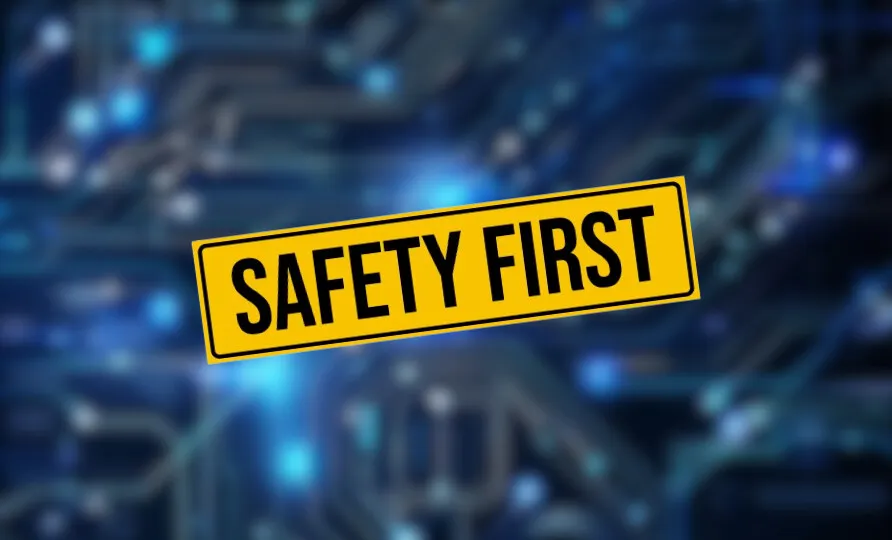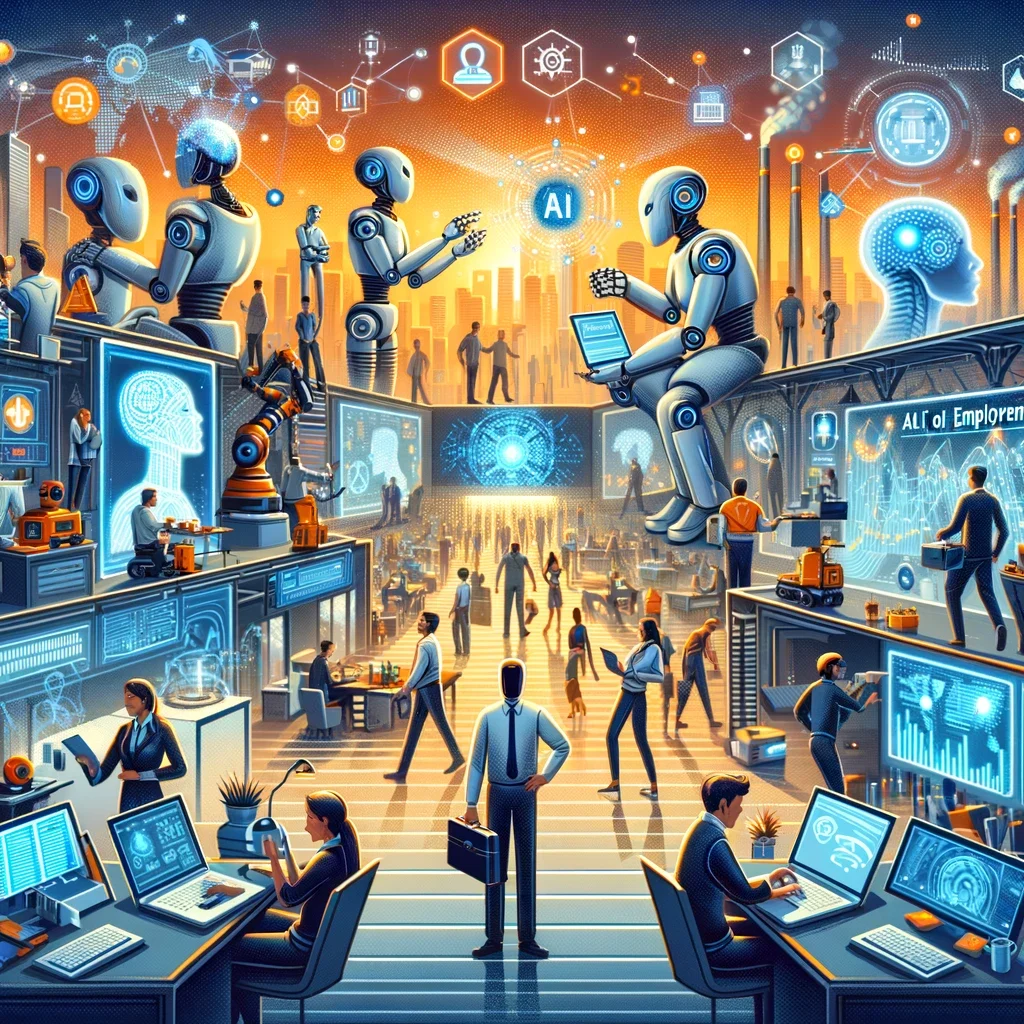In an era dominated by artificial intelligence (AI), there is a pressing concern regarding the impact of AI on Indigenous rights, cultural heritage, and data sovereignty. AI, reliant on the process of machine learning, has the potential to revolutionize industries, but it is currently entrenched in a predominantly white male sphere.
This disparity raises questions about how to ensure AI respects and preserves the rights of Indigenous communities. This story delves into the intersection of Indigenous knowledges, machine learning, and AI, shedding light on how collaboration between these worlds can prevent cultural appropriation, safeguard Indigenous art, and promote data sovereignty.
Indigenous art and the threat of AI
AI possesses the remarkable ability to create art, but it also brings forth the unsettling possibility of mass-producing Indigenous art without appropriate acknowledgment or attribution. Even before AI, Indigenous art had suffered from rampant misappropriation, often exploited for commercial gains in the tourism industry. With AI-driven art generation now accessible to the masses, the risk of cultural exploitation intensifies, affecting not only Indigenous communities but also artists whose unique styles become targets for misappropriation.
Indigenous art is not merely a visual expression; it embodies history, culture, and the connection to the land. AI-generated Indigenous art lacks these vital elements, posing severe implications for both cultural heritage and financial gains that should rightfully benefit Indigenous artists.
Empowering indigenous data sovereignty
The concept of Indigenous Data Sovereignty, championed by Aboriginal scholars Maggie Walter and Jacon Prehn, asserts the right of Indigenous peoples to own, control, access, and distribute their data. Globally, Indigenous communities are advocating for formal agreements recognizing Indigenous Data Sovereignty.
The issue at hand is how data involving Indigenous knowledge and cultural practices is being utilized. Some Indigenous legal experts are innovatively blending intellectual property rights with cultural rights to protect their heritage. Māori scholar Karaitiana Taiuru aptly points out that without sovereignty over their data, Indigenous communities risk being re-colonized in an information-driven society.
Indigenous communities are already actively engaging in research that combines Indigenous knowledge with AI. In Australia’s Kakadu wetlands, rangers employ AI alongside Indigenous knowledges to conserve the environment. The project addresses the problem of para grass, a weed negatively impacting magpie geese. Collaborating with Traditional landowners, rangers, and researchers, the project programs monitoring systems with geographically-specific knowledge rooted in Indigenous connection to the land. This exemplifies the necessity for Indigenous-led approaches in AI projects.
Similarly, in Sanikiluaq, an Inuit community in Canada, the PolArtic project melds scientific data with Indigenous knowledges to manage fisheries amid changing climate patterns. Indigenous knowledge proves invaluable in solving biodiversity challenges resulting from the global climate crisis.
Indigital, an Indigenous-owned company founded by Mikaela Jade, a Dharug and Cabrogal innovator, utilizes augmented reality to share Indigenous stories on Country. Indigital not only preserves cultural heritage but also offers pathways for Indigenous individuals interested in integrating digital technologies with their knowledge.
The imperative of indigenous knowledges in AI
AI’s capabilities are limited by the data that informs it, and the industry itself suffers from a significant lack of diversity. A global study underscores this issue, revealing that a mere 12% of AI professionals are female, with only 4% representing people of color, and Indigenous participation often going unnoted.
The Australian government acknowledges the existence of racial and gender biases in AI, particularly concerning issues like predicting criminal behavior. While advisory groups and consultation processes have been suggested to address these biases, their implementation remains insufficient.
Indigenous knowledges have much to contribute to AI development, especially concerning art, culture, and ethical AI practices. Without Indigenous input and ownership, AI-generated art risks misrepresentation and exploitation of culture.
To ensure ethical AI advancement and uphold Indigenous rights and data sovereignty, the federal government must actively consider the integration of Indigenous Knowledges in the machine learning processes informing AI. Australia has a unique opportunity to lead the world in the responsible and ethical pursuit of technological advancement, respecting and preserving the rich tapestry of Indigenous cultures and their invaluable contributions to the digital age.





